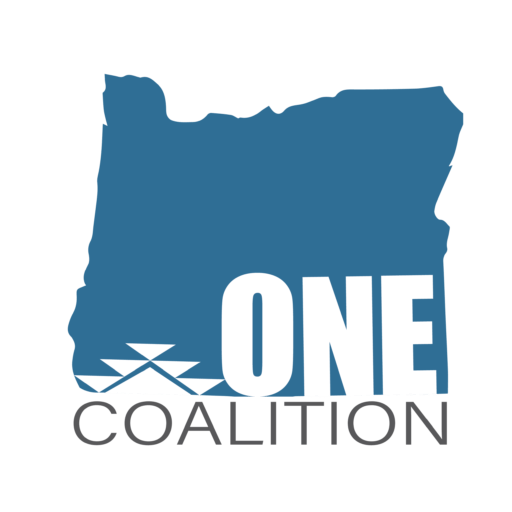The Challenges of 280E

“How did we get here?
Courts in the 1980s found that it was possible for illicit drug dealers to unfairly use the tax code to utilize business tax benefits. Congress sought to reverse a Tax Court decision in the 1981 case of Edmondson v. Commissioner when a Tax Court allowed an amphetamine, cocaine, and cannabis trafficker to deduct ‘ordinary’ and ‘necessary’ business expenses related to an illicit drug business (rent, packaging, telephone and automobile expenses, and a small scale). Congress moved to close that loophole that made this possible and passed 26 U.S. Code § 280E, which provides clear guidance for the IRS:
No deduction or credit shall be allowed… on any trade or business if such trade or business… consists of trafficking in controlled substances… which is prohibited by Federal law or the law of any State in which such trade or business is conducted.
In the decades since the introduction of 280E, two out of every three states in the U.S. adopted programs to license and regulate cannabis-related businesses, with revenues topping $7 billion in total revenue since legalization began in 2012.” Via the marijuana policy project
In 2019, after passage of the 2018 Farm Bill, I started a business that consists of legally growing and selling hemp (which contains .3% or less of THC) in my state and locality. I do not sell any other cannabis or marijuana products. Are my expenses in this business subject to IRC § 280E?
IRC § 280E does not apply to your business. IRC § 280E applies to businesses that consist of trafficking in controlled substances within the meaning of Schedule I and II of the Controlled Substances Act (CSA), where such trafficking is illegal under federal or state law. As a result of the 2018 Farm Bill, hemp was defined for these purposes as “the plant Cannabis sativa L. and any part of that plant, including the seeds thereof and all derivatives, extracts, cannabinoids, isomers, acids, salts, and salts of isomers, whether growing or not, with a delta-9 tetrahydrocannabinol concentration of not more than 0.3 percent on a dry weight basis.” Hemp was also removed from the CSA. Thus, after passage of the 2018 Farm Bill, hemp (with .3% or less THC) is no longer considered to be a Schedule I substance. See FDA Regulation of Cannabis and Cannabis-Derived Products, Including Cannabidiol (CBD). Accordingly, your business’s growing and selling of hemp containing .3% or less THC is not considered to be trafficking in a Schedule I substance, and the business is not subject to IRC § 280E.
